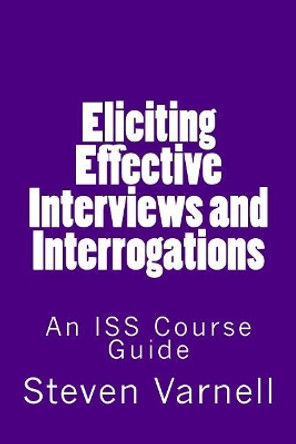Description
About the Author
Nathan J. Gordon is Director of the Academy for Scientific Investigative Training, where he developed the Forensic Assessment Interview and Integrated Interrogation Technique. He is an expert forensic psycho-physiologist and an internationally recognized expert in the field of Forensic Assessment Interviewing and Interrogation. He has lectured and conducted seminars on these subjects to thousands of law enforcement, intelligence and private security officers throughout the United States, Africa, Europe, and Asia. Mr. Gordon, a recognized innovator in the field of truth verification, has had his work recognized in publications among which is, Forensic Psychophysiology; Use Of The Polygraph, by James Allen Matte. He has served as President of the Pennsylvania Polygraph Association, numerous committees for the American Polygraph Association, and is a Director of the Vidocq Society. Mr. Gordon lives in Philadelphia, Pennsylvania, with his wife and three children, and grandson. William L. Fleisher is Director of the Academy for Scientific Investigative Training. He was the Assistant Special Agent In Charge of the Philadelphia Office of the U. S. Customs Service. Mr. Fleisher is a former special agent with the Federal Bureau of Investigation, and/officer with the Philadelphia Police Department. He has over 33 years of experience in law enforcement. An internationally recognized expert in Behavioral Symptom Analysis, Mr. Fleisher is the author of the U. S. Customs technical manual on Behavioral Analysis. He is a founder and first Commissioner of the Vidocq Society, an organization of forensic experts who assist law enforcement and victim's families in unsolved homicides and is also a member of the American Polygraph Association. Mr. Fleisher lives in Cherry Hill, New Jersey, with his wife and four children.
Reviews
"While law enforcement, loss prevention, and security experts can learn something from this book, the general public can, too. Its clear, easy-to-read structure will help HR professionals, attorneys, and security practitioners who are tasked with interviewing people and finding truth in the written and spoken word. The authors of this fourth edition of Effective Interviewing and Interrogation Techniques provide a brief overview of the history of interviewing and interrogation and then jump right into the purpose of the book: to make the reader more proficient in searching for the truth. The authors lay out in detail the steps needed to obtain accurate information from individuals. Included in this process is an understanding of the psychophysiological basis for the assessment as well as techniques that an interviewer can use. Some processes include written assessments, nonverbal communication, and analysis of verbal cues. The book delves into topics such as varied interview and analysis techniques, preemployment interviewing, and report writing, as well as dealing with angry people, children, and mentally challenged subjects. The authors also provide a summary at the end of each chapter, helping the reader focus on that chapter's crucial points. The focus and intent of the book is to make the reader more proficient in the interview process, and this book hits the mark. The authors provide case studies to illustrate the methods they mention in the book, and they offer multiple techniques to obtain truth. The search for truth is many times a lengthy process. It is also an extremely important one. This book is a must for the practitioner involved in searching for the truth in today's highly complex work environment." --Security Management
Book Information
ISBN 9780081026106
Author Nathan J. Gordon
Format Hardback
Page Count 406
Imprint Academic Press Inc.(London) Ltd
Publisher Elsevier Science & Technology
Weight(grams) 720g





